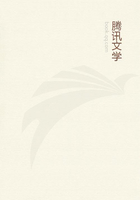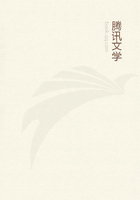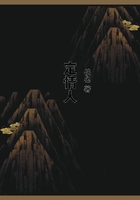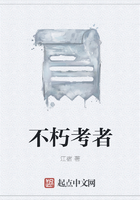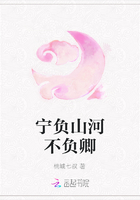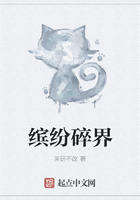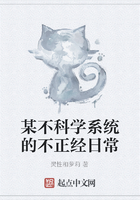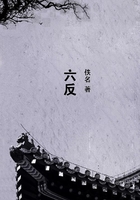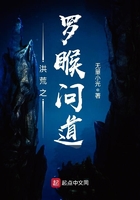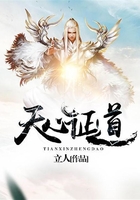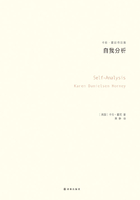The statement that no human being learns to understand another, or at least to be patient with another, is true above all of the intimate relation of child and parent in which, understanding, the deepest characteristic of love, is almost always absent.
Parents do not see that during the whole life the need of peace is never greater than in the years of childhood, an inner peace under all external unrest. The child has to enter into relations with his own infinite world, to conquer it, to make it the object of his dreams. But what does he experience?
Obstacles, interference, corrections, the whole livelong day.
The child is always required to leave something alone, or to do something different, to find something different, or want something different from what he does, or finds, or wants. He is always shunted off in another direction from that towards which his own character is leading him. All of this is caused by our tenderness, vigilance, and zeal, in directing, advising, and helping the small specimen of humanity to become a complete example in a model series.
I have heard a three-year-old child characterised as "trying" because he wanted to go into the woods, whereas the nursemaid wished to drag him into the city. Another child of six years was disciplined because she had been naughty to a playmate and had called her a little pig,--a natural appellation for one who was always dirty. These are typical examples of how the sound instincts of the child are dulled. It was a spontaneous utterance: of the childish heart when a small boy, after an account of the heaven of good children, asked his mother whether she did not believe that, after he had been good a whole week in heaven, he might be allowed to go to hell on Saturday evening to play with the bad little boys there.
The child felt in its innermost consciousness that he had a right to be naughty, a fundamental right which is accorded to adults; and not only to be naughty, but to be naughty in peace, to be left to the dangers and joys of naughtiness.
To call forth from this "unvirtue" the complimentary virtue is to overcome evil with good. Otherwise we overcome natural strength by weak means and obtain artificial virtues which will not stand the tests which life imposes.
It seems simple enough when we say that we must overcome evil with good, but practically no process is more involved, or more tedious, than to find actual means to accomplish this end. It is much easier to say what one shall not do than what one must do to change self-will into strength of character, slyness into prudence, the desire to please into amiability, restlessness into personal initiative. It can only be brought about by recognising that evil, in so far as it is not atavistic or perverse, is as natural and indispensable as the good, and that it becomes a permanent evil only through its one-sided supremacy.
The educator wants the child to be finished at once, and perfect. He forces upon the child an unnatural degree of self-mastery, a devotion to duty, a sense of honour, habits that adults get out of with astonishing rapidity. Where the faults of children are concerned, at home and in school, we strain at gnats, while children daily are obliged to swallow the camels of grown people.
The art of natural education consists in ignoring the faults of children nine times out of ten, in avoiding immediate interference, which is usually a mistake, and devoting one's whole vigilance to the control of the environment in which the child is growing up, to watching the education which is allowed to go on by itself. But educators who, day in and day out, are consciously transforming the environment and themselves are still a rare product. Most people live on the capital and interest of an education, which perhaps once made them model children, but has deprived them of the desire for educating themselves. Only by keeping oneself in constant process of growth, under the constant influence of the best things in one's own age, does one become a companion half-way good enough for one's children.
To bring up a child means carrying one's soul in one's hand, setting one's feet on a narrow path, it means never placing ourselves in danger of meeting the cold look on the part of the child that tells us without words that he finds us insufficient and unreliable. It means the humble realisation of the truth that the ways of injuring the child are infinite, while the ways of being useful to him are few. How seldom does the educator remember that the child, even at four or five years of age, is making experiments with adults, seeing through them, with marvellous shrewdness making his own valuations and reacting sensitively to each impression. The slightest mistrust, the smallest unkindness, the least act of injustice or contemptuous ridicule, leave wounds that last for life in the finely strung soul of the child. While on the other side unexpected friendliness, kind advances, just indignation, make quite as deep an impression on those senses which people term as soft as wax but treat as if they were made of cowhide.

